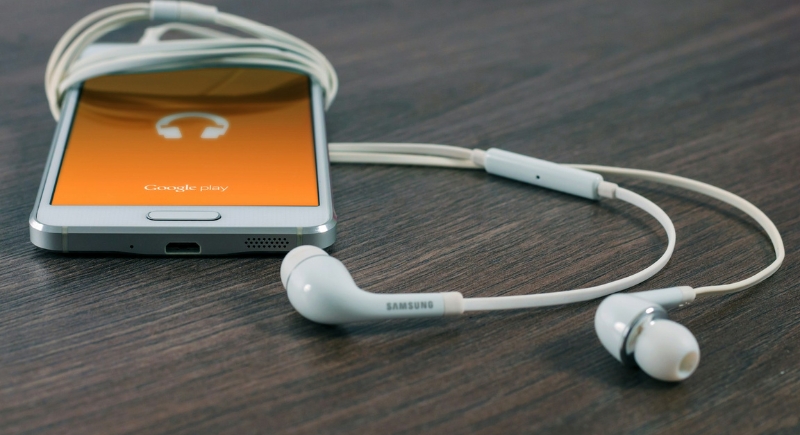The Surprising Perks of Listening to Music All by Yourself
Most people listen to music alone to fill the silence, but it actually has a few surprising benefits. Researchers are beginning to uncover how it supports mental health, fills social gaps, and creates a kind of comfort that holds its own weight. In essence, private listening has effects that reach deeper than casual background noise.
The Company of a Familiar Voice

Image via Unsplash/Elice Moore
Researchers at the University at Buffalo (led by Elaine Paravati, Esha Naidu, and Shira Gabriel) published a study in Psychology of Music in 2025, which demonstrated that music can act as a “social surrogate” in providing social connection when people feel excluded or lonely. Their research utilized both correlational and experimental methods.
In one study, participants reported whether comforting media—including music—helped buffer loneliness (Study 1). In another, listening to favorite music experimentally increased feelings associated with social belonging (Study 2). This work explicitly confirmed that music can buffer against social threats.
Researchers also found that those who often rely on comfort shows or books to ease loneliness also turn to music for the same reason. This pattern points to how music naturally takes on a supportive role without other people in the room.
Emotion Without the Crowd
In another experiment, researchers found that listening to music alone rather than in the presence of others “amplifies perceived emotion.” Happy music felt happier, and sadder music felt sadder when listeners were solitary. This effect has been observed in detailed emotional rating tasks by Zhang and colleagues in a 2017 study published in Germany and China.
Another reason for this is focus. Without small talk or group energy, attention locks into the music. Familiar songs can unlock memories and stir strong emotional associations. In clinical settings, that’s one of the reasons music therapy works. It puts people in touch with parts of themselves that aren’t easy to reach with language.
Brain scans have backed this up. When people listen to songs that mean something to them, reward centers in the brain light up. The amygdala, hippocampus, and prefrontal cortex respond, and dopamine is released. That combination is tied to memory, emotion, and feeling understood.
Thinking Clearly in a Soundproof Space
Music plays a role in cognitive performance, too.
One study demonstrated that older adults experienced improved processing speed and memory when listening to upbeat music during mental tasks. This 2014 study, published in Frontiers in Aging Neuroscience and led by Sara Bottiroli, examined 65 adults with an average age of about 69 years. Those who listened to upbeat music showed faster processing speeds, while memory performance improved with both upbeat and slower music compared to silence.
Being alone strengthens this effect. There’s more control over what gets played and how long it stays on. That kind of uninterrupted stretch supports flow, which is the state where concentration deepens and time passes without notice.
Listening as Self-Recognition

Image via Unsplash/Firmbee.com
People can also use music to reconnect with parts of themselves that don’t always get airtime during the day.
Suvi Saarikallio’s research, published in Psychology of Music (2010), explored how adults use music for emotional self-regulation across the lifespan. Interviewees described music as a steady companion for managing moods, reflecting on experiences, and navigating life transitions.
More Than Noise in the Background
Listening to music alone doesn’t diminish the experience. In fact, it has many benefits for those who enjoy solitude. So, the next time you’re alone, feel free to tap into these perks while listening to your favorite track.